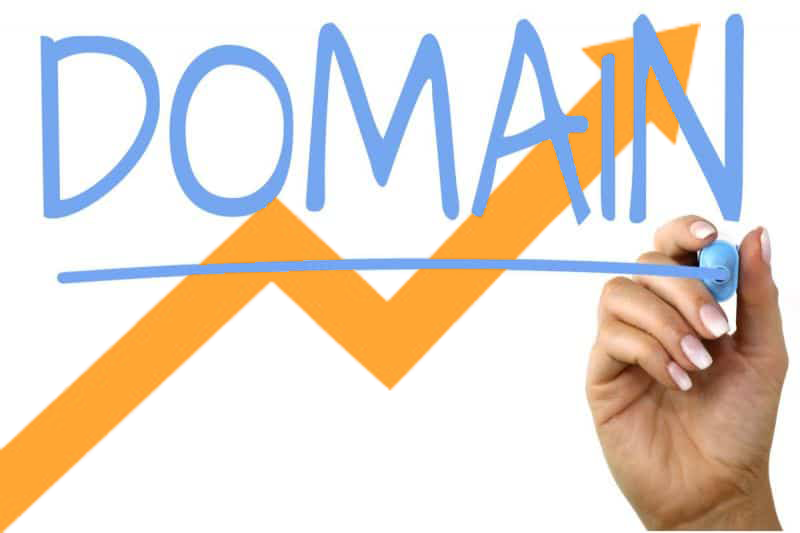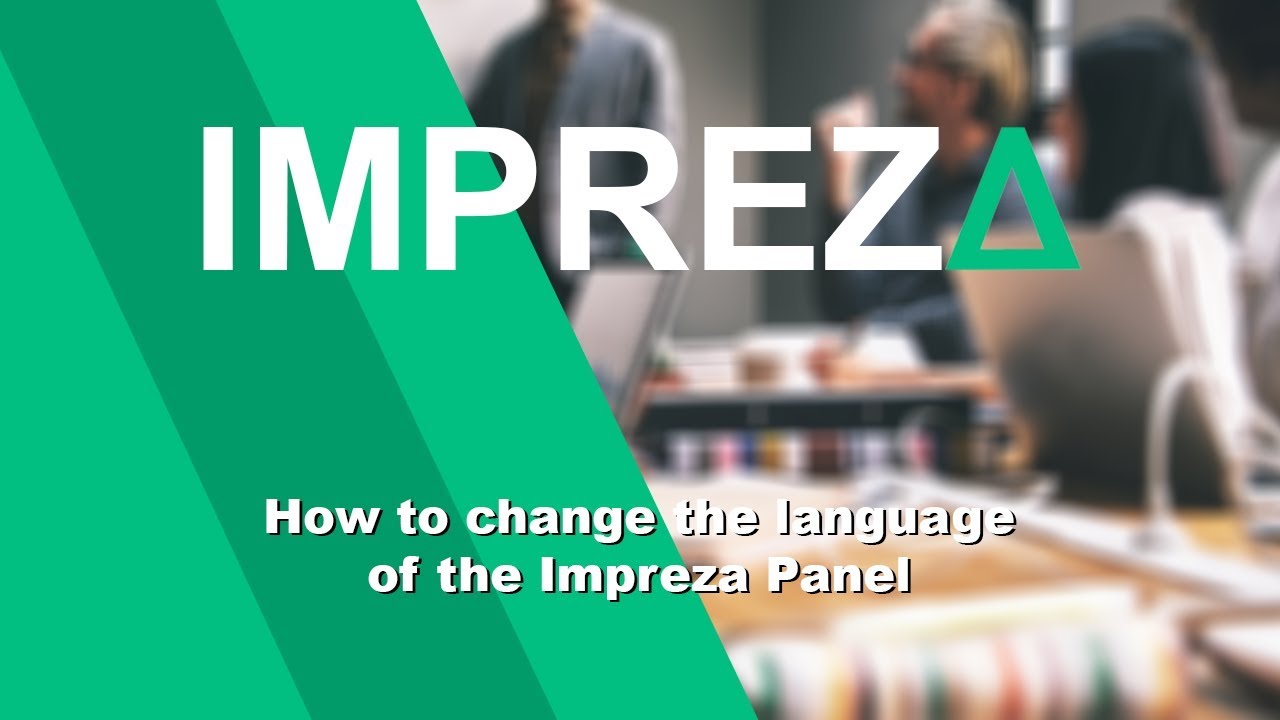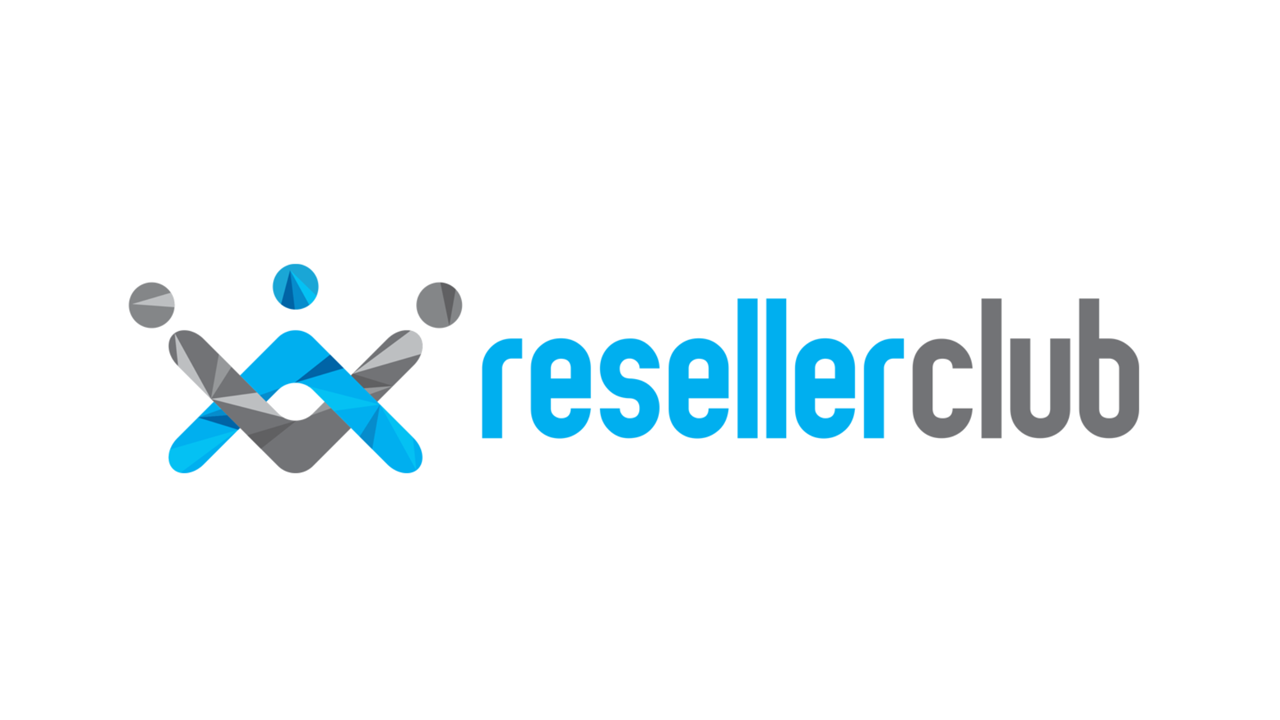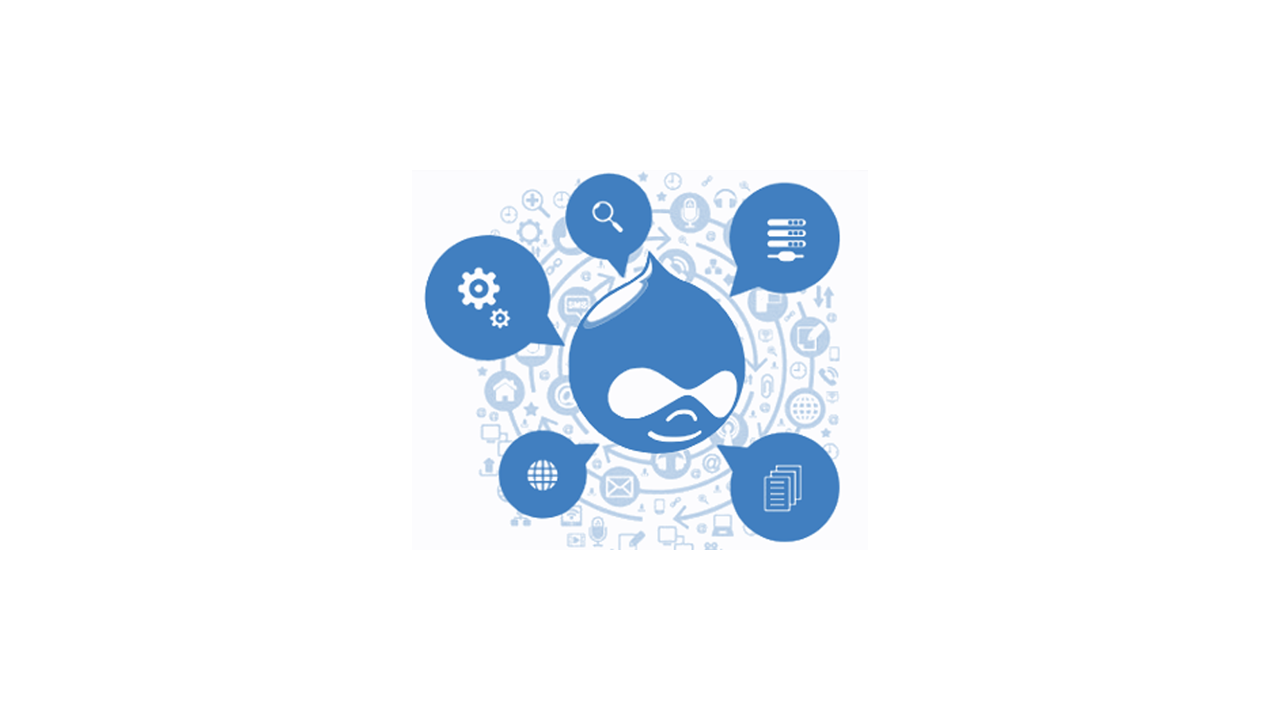It is not surprising that the phase 1 review of domain name rights protection mechanisms is delayed, but it is a bit of a surprise that in responding to a question posed in 2020, business executives and their lawyers replied with answers first offered and rejected five years earlier.
In that time before COVID-19, the launch of the Vox Populi Registry and its dotSucks domain names drew quite a lot of attention. After all, unlike .com, .net and other legacy top-level domains that came before it, dotSucks did not hint at its meaning. And unlike many other new top-level domains, it was not limited to a practice or industry. It does not mince words.
The run-up to the launch of the registry saw a flurry of stories that ran the gamut from, “(slaps his forehead) Why didn’t I think of that?” to “Why, that’s outrageous.” In fact, the registry’s business model was the first to focus on the value of a domain name. Facebook.com might cost $8 or $10 a year to renew, but its value to the social media company is almost incalculable. Vox Pop did the math.
In order to make the point, we talked about setting registration prices as high as $25,000. All part of a pre-launch marketing campaign to make the case for targeted value rather than mass market low price. We weren’t interested in flooding the Internet with names, just working with registrants who saw the value in them.
There were already companies hip to use of colloquial language to make their marketing points. One of my favorites was Jolly Rancher, which ran a national ad campaign during the NFL season under the cover of “Being a Rookie Sucks.” And Lagunitas Brewing Company who set their consumer complaint email address at [email protected].
This is still our approach. It is why we have become sponsors and, I hope, solid citizens within groups like INTA, the International Trademark Attorneys’ organization. And why we don’t ever see Vox Populi Registry show up on those lists of registries whose names are used for fraudulent or malicious purposes. It is yet another aspect of our value.
In the current review of rights protection mechanisms, the question that triggered the nostalgic outburst was Sunrise question 2 (b): “To the extent, you have identified abuses of the Sunrise Period, if any, please describe them and specify any documentation to substantiate the identified abuse.”
On the spreadsheet created by ICANN to make it easy to find and compare the many comments for each individual question, the answers to Sunrise question 2 (b) can be found, with some irony, in a column labeled BS. I am not making that up, but, whether by accident or design, I am taking it as subliminal commentary.
And just what kind of BS is in column BS?
We see again the criticism of “price gouging” by Vox Populi Registry. We hear again that its pricing is “discriminatory,” that it is “pricing higher that cost recovery” and that the Sunrise list of the registry was populated by using data from the Trademark Clearinghouse.
None of that was true in 2015. None of it is true in 2020.
Ultimately, it is disappointing that five years in, with a wealth of market data showing the value of owning your mistakes, speaking the language of the customers you seek and meeting the expectations of those who want to be heard, some business executives and their lawyers continue to criticize without basis. That.Sucks.
For anyone still unsure of the value of the dotSucks platform, I recommend a couple of minutes from Jerry Seinfeld’s new comedy performance, “23 Hours to Kill”, on Netflix. Begin at about the six-minute mark of the show. The gist is this: “Sucks and great are pretty close. They’re not that different.”
That has been our point all along.
Source: (http://www.circleid.com/)






















